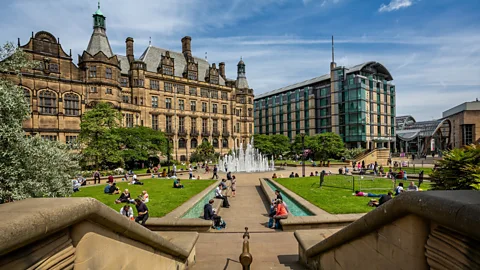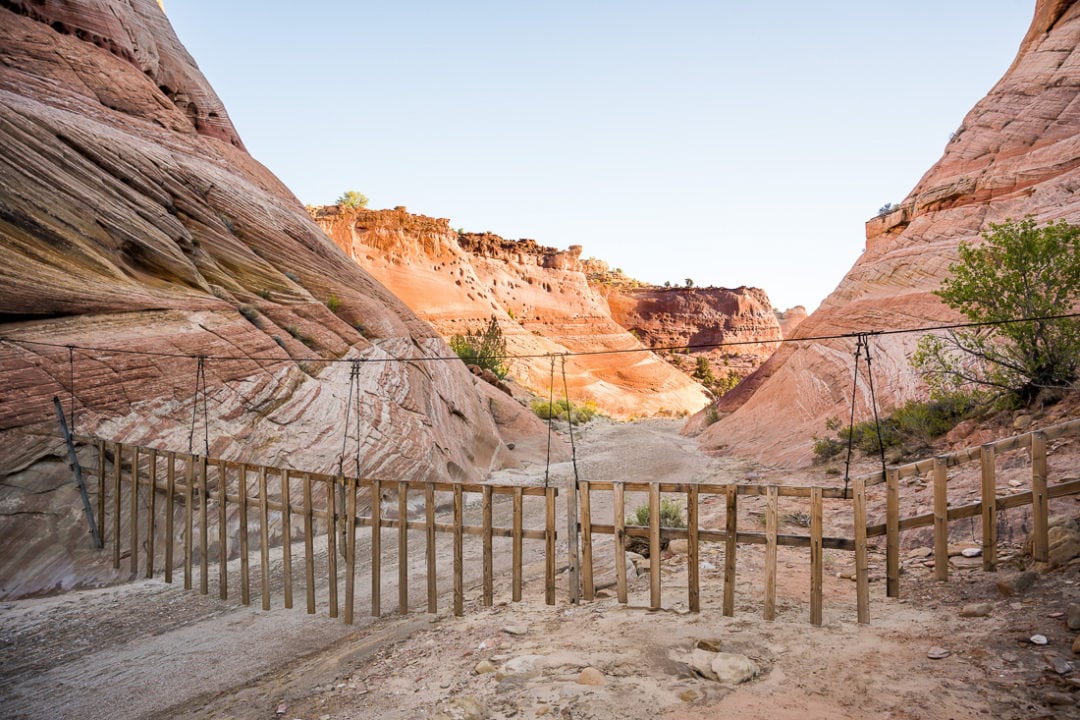ADS
Canada is quietly rising in international rankings like the world’s healthiest or greatest places to raise children, while European and Scandinavian countries dominate.
The Economist Intelligence Unit’s 2018 most liveable cities ranking placed three Canadian cities in the top 10, more than any other nation.
The top three Canadian cities were Vancouver (5th), Calgary (7th with Geneva), and Toronto (9th) with flawless healthcare and education rankings. Canadians like such qualities and appreciate government actions that enhance living.
“Our progressive politics and universal healthcare make Canada a wonderful place to live,” remarked Vancouverite Samantha Falk. “I cannot imagine living in a country where I have to worry about being able to afford to see a doctor or take my child to the hospital, or risk bankruptcy by having cancer.”
This caring goes beyond politicians, creating a sense of community that promotes work and home life. “Lending a hand at schools [to] supporting seniors to uplifting business owners, Canadians are known for their friendly and supportive nature,” said Vancouver resident and Organized Jane creator Jane Stoller. “This sense of camaraderie fosters a positive environment where individuals can thrive and find fulfilment in both their personal and professional lives.”
Public transit and transportation investments in Canada make transiting its large cities simpler. Falk, who has lived in Montreal, Calgary, and Toronto, didn’t acquire her driver’s license until she was 24, and a buddy got his at 53 since they didn’t need a vehicle.
Residents admire the nation’s strong outdoor connection best. “All three [of the most liveable] cities – like so many cities in Canada – are located close to nature, and have also incorporated it into their city design,” Falk added. “There’s the ravine system and the beaches in Toronto; Mont Royal and tree-lined streets in Montreal; and Vancouver has Stanley Park, one of the world’s best examples of urban nature.” Even beyond the large towns, nature is emphasized, reflecting inhabitants’ love of the outdoors. Falk remarked, “We are outdoor people!”
The three Canadian cities have distinct appeals throughout the world’s second-largest nation. We asked locals in each city what keeps them alive and enjoying their places.
Vancouver
Vancouver, on Canada’s gorgeous west coast, was only outranked by Auckland in the top 10 for liveability due to its excellent cultural and environment subindex ratings. Residents agree—the natural beauty here is breathtaking.
“Vancouver’s unique and gorgeous combination of mountains and ocean makes it irresistible,” said Falk, who operates her own communications agency. “Even after 20 years living in Vancouver, the city still takes my breath away.”
She recommends getting outdoors, even in the rain, to enjoy the city and feel at home. Stanley Park, a 405-hectare public park in the city center, contains a coastal rainforest with centuries-old trees, notably the Hollow Tree, a 700-800-year-old red cedar stump.
She advises the 2.9km Grouse Grind trek up Grouse Mountain for the genuinely committed. “Often referred to as nature’s ‘stairmaster’, the trail will make you feel like throwing up, but the payoff at the top is well worth it,” stated. “Have a coffee or a glass of wine at the mountain-top restaurant and soak in the view – and take the gondola down.”
The dining scene is fantastic for quieter experiences. “From fancy restaurants to cool food trucks and farmers’ markets, you’ll never run out of tasty treats,” Stoller. She claims Vancouver has the finest and cheapest sushi outside Japan, and residents love it.
The city encourages entrepreneurship and collaboration, making it seem like home. “Vancouver people are open-minded, diverse and love coming together for arts, tech or green initiatives,” Stoller. A tiny geographical footprint keeps the city organized and inventive, she explains. “You won’t find as many big-box stores here, which promotes shopping local and supporting the community,” added. “It’s a win-win for everyone.”

Calgary
Calgary, among the Rocky Mountains in western Alberta, outscored the other two Canadian cities with a flawless stability rating. Residents say Calgary has a small-town vibe with big-city advantages and a cheaper cost of living than other Canadian cities.
“Despite being one of the largest cities in Canada, Calgary manages to retain a unique charm, one that comes from friendly locals, a community-oriented mindset and neighbourhood-centric farmers’ markets,” said Lora Pope, a native and traveler. “Yet it doesn’t lack when it comes to trendy eateries, cultural festivals and amazing nightlife.” The city has around 240 ethnicities and 165 languages, making it Canada’s third-most diverse.
A thriving oil and gas sector, a big white-collar corporate community, and an inexpensive cost of living characterize the city. “Calgarians have money and love to spend it,” said communications specialist Jessie P Cayabo, who relocated from Edmonton three years ago. She said the walkable downtown and neighboring neighborhoods are busy in summer and suit and tie are replaced with Calgary Flames jerseys during hockey season. The Calgary Stampede, which begins on the first Friday of July, is a 10-day fiesta and rodeo when everyone wears western garb and international visitors arrive.
People leave. “Patios and restaurants are full,” said Calgary resident Shannon Hughes, owner of Captivate Benefits advising business. She proposes dining at Major Tom around sunset to enjoy the city’s mountain vistas.
Access to nature enhances life here, as it does throughout Canada. Calgary offers over 1,000km of paved walkways and bikeways for walkers and bikers, the most in North America. “My bike rides along these paths have led me to discover some of the city’s hidden gems, provided spectacular views and given me a daily dose of the outdoors that I crave,” he added.
The city provides plenty of winter sports, including skiing, skating, tubing, snowshoeing, and ice bicycling, thanks to its 1988 Winter Olympics infrastructure. Residents believe the winters are long and cold, so expatriates from warmer countries should buy appropriate winter clothing.
Toronto
Toronto, Canada’s largest city, has over 1,500 parks to link citizens to nature. Toronto’s excellent stability sub-ranking makes walking, utilizing public transportation, and cycling safe.
In particular, the human-centered infrastructure makes living simpler than in similar major cities. Residents love the PATH, the subterranean pedestrian corridor that makes Canadian winters tolerable. I “From my office to the airport [train], dining, shopping and even doctor appointments, everything [is] conveniently accessible without the need for a winter coat,” said Luxury under Budget blogger Hoang Anh Le.
Resident Kyra Marskell thinks that although the Toronto Transit Commission (TTC) has its shortcomings, having integrated transit alternatives, most of which are within four minutes, makes a big difference when coming from a suburb where driving is the only option. “We also have rental bikes all around the city which is a great green-friendly commuting option I’ve recently enjoyed,” said.
Diversity is another hallmark of the city, with over 51% of inhabitants born outside Canada. “It’s the only major Western city where the visible [non-white] minority is the majority,” said Hostaway CEO and co-founder Marcus Räder. “There are chances to experience a lot of cultures and languages here, and Canada embraces multiculturality rather than pushing for assimilation.” Cultural diversity benefits the community via festivals, cuisines at all price points, and respect for new ideas and lifestyles.
Toronto’s entrepreneurial culture extends to Uber, Google, and Facebook’s headquarters and new startups. Recently, the city has become North America’s third-largest tech cluster, after New York City and Silicon Valley. Residents feel the tech industry exposes them to other cultures and backgrounds when combined with the city’s varied population.
“It’s interesting learning cultural habits in relation to people’s work and personal lives,” said CatchCorner CEO and co-founder Jonathan Azouri. “It’s almost as if you gain a sense of international work life experience without needing to leave the city.”





